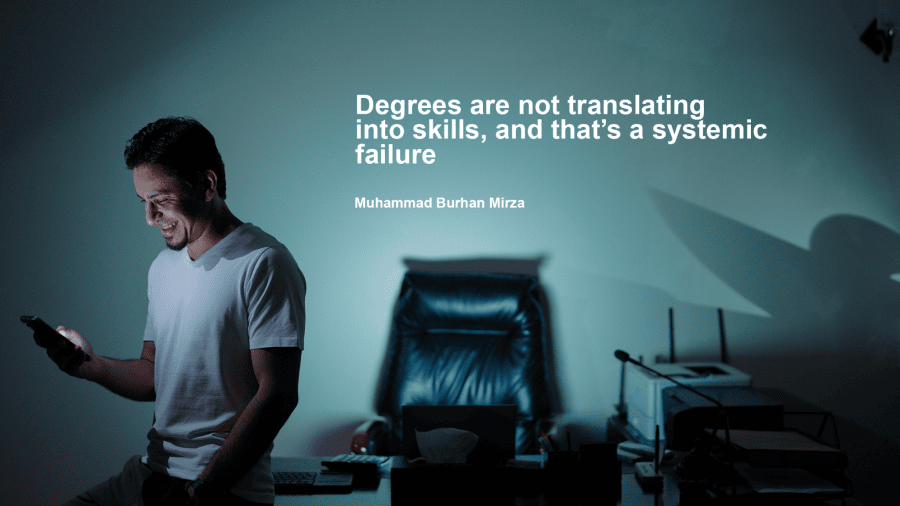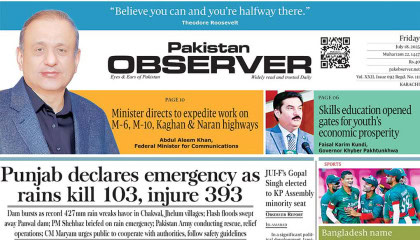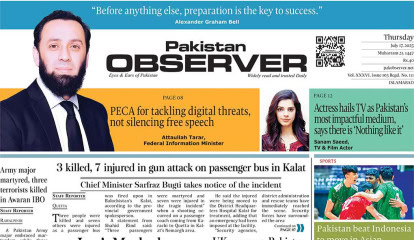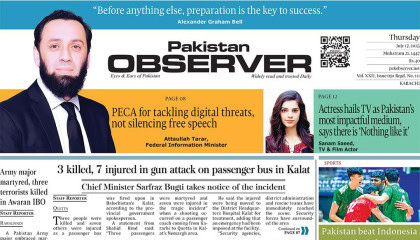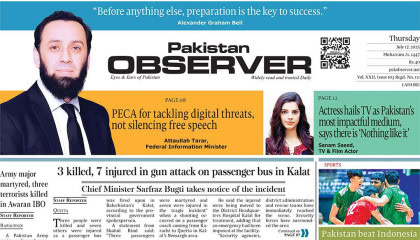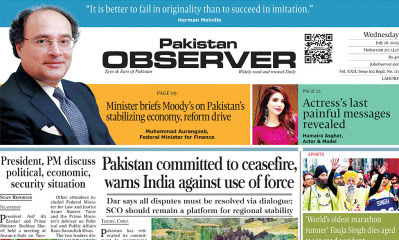In a country where nearly half the population is under the age of 25, Pakistan is sitting on what could be a demographic goldmine. Yet the gap between the education system and market realities threatens to turn that potential into a ticking time bomb. Despite thousands of fresh graduates entering the workforce each year, employers continue to struggle to find job-ready talent.
The question now echoing across boardrooms and campuses alike: Degrees – but for what jobs?
The Misalignment Between Classrooms and Careers
According to a recent report by the Pakistan Bureau of Statistics, over 31% of university graduates remain unemployed six months after completing their education. The situation is worse in fields like business administration, computer science, and engineering—disciplines that are ironically among the most pursued.
“We’re seeing a growing disconnect between what universities are producing and what businesses actually need,” says Muhammad Burhan Mirza, investor and co-founder of The Coach360 & Skills360, a talent development platform aimed at bridging the education-to-employment gap in Pakistan. “Degrees are not translating into skills, and that’s a systemic failure.”
The problem isn’t simply academic. Companies spend months retraining fresh graduates on basic soft skills, project management tools, and professional communication – skills that should have been embedded into their academic journey.
A Broken Education System
Part of the issue lies in the outdated curriculum and lack of industry integration in Pakistani universities. Most institutions still prioritize rote learning and textbook knowledge over critical thinking, adaptability, and practical exposure.
A recent survey by the Higher Education Commission (HEC) found that over 70% of higher education institutions in Pakistan lack partnerships with industry. Without internships, capstone projects with real businesses, or access to updated technologies, students are graduating into a world they were never prepared for.
Consider the example of Abeerah, a computer science graduate from Lahore. Despite holding a degree from a reputed institution, she found herself jobless for nearly a year. “I thought I was ready. But every interview I attended asked about things I had never worked with – real-world coding frameworks, agile workflows, cloud tools,” she says. “It felt like my education had no practical value.”
The Skills360 Model: A Response to the Crisis
Organizations like Skills360 are stepping into the vacuum. Launched by Muhammad Burhan Mirza, the platform focuses on practical, job-aligned courses that range from digital marketing and graphic designing to communication skills and portfolio building. Their partnerships with tech companies, startups, and SMEs allow students to work on real-life projects before even applying for jobs.
“We’re not just training for today’s jobs,” says Burhan Mirza. “We’re training for tomorrow’s economy. AI, remote collaboration, emotional intelligence—these are the assets that define success now.”
Skills360 Pakistan claims that more than 70% of its trainees secure jobs within three months of completing their program. The success stories range from all around the city of Karachi.
A Nation of Paper Degrees
One of the deeper issues is the societal obsession with degrees as status symbols rather than tools for economic participation. Families invest heavily in formal education with the assumption that a degree is a guaranteed way to upward mobility. But this mindset has bred an ecosystem where quantity trumps quality and many graduates are still looking for jobs.
According to data from the HEC, Pakistan produces over 450,000 university graduates each year, yet employers cite a consistent skill shortage. The World Bank’s Human Capital Index ranks Pakistan at 134 out of 157 countries, with learning outcomes far below the global average.
This paradox is felt acutely in the tech and startup ecosystem. Pakistan’s freelancing economy is the fourth largest in the world, but the talent pool often lacks consistency in quality and professionalism. Entrepreneurs say they struggle to find team members who can meet global standards despite having academic credentials. Those who have polished skills are either working their own way on global freelancing platforms or are leaving the country for better opportunities abroad.
The Way Forward: Policy, Industry, and Perspective Shifts
Fixing this gap will require a national mindset shift. Education policy must emphasize employability, not just enrollment. Universities need to embed project-based learning, industry exposure, and mentorship into their frameworks. Regulatory bodies like the HEC should work with employers to create feedback loops that inform curriculum changes which are then implemented into the system.
Meanwhile, the private sector must step up too. Internships shouldn’t be an afterthought, and businesses must be more involved in shaping future talent pipelines.
“It’s not just about fixing universities,” says Burhan Mirza. “It’s about building an ecosystem where skills, learning, and opportunity are connected through market relevance.”
Time to Rethink the Roadmap
The education-to-employment gap isn’t just a youth issue; it’s an economic one. Every graduate without a job represents lack of opportunities, lost productivity, strained household income, and wasted years of potential. If Pakistan wants to leverage its youth bulge, the conversation needs to shift from graduation numbers to employability and entrepreneurship metrics.
Degrees may open doors, but without the right skills, those doors often lead nowhere. It’s time to ask questions on not only what we’re teaching, but why we are teaching it.

